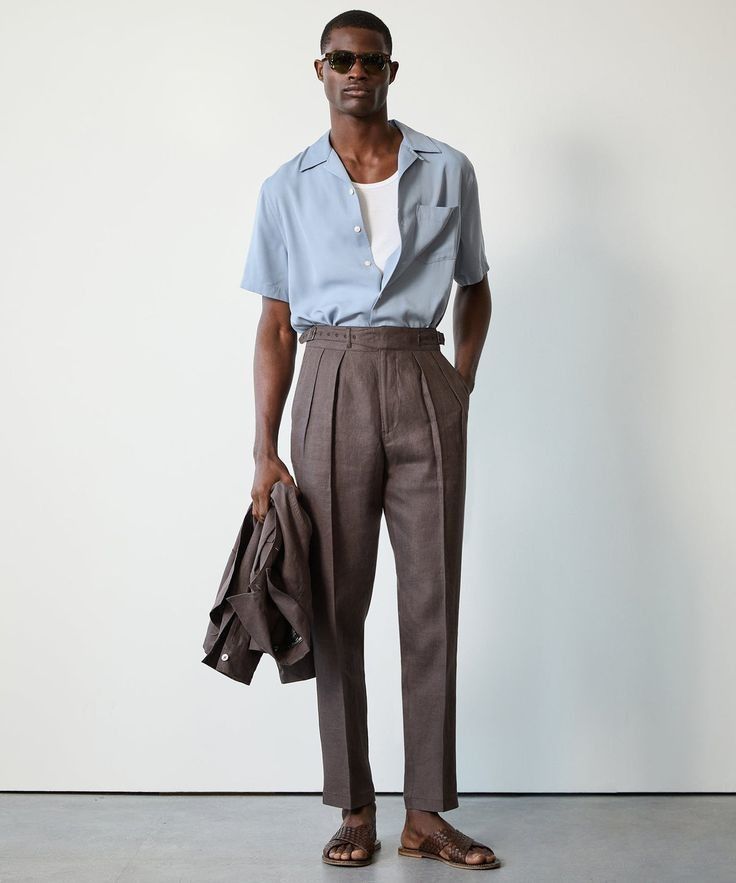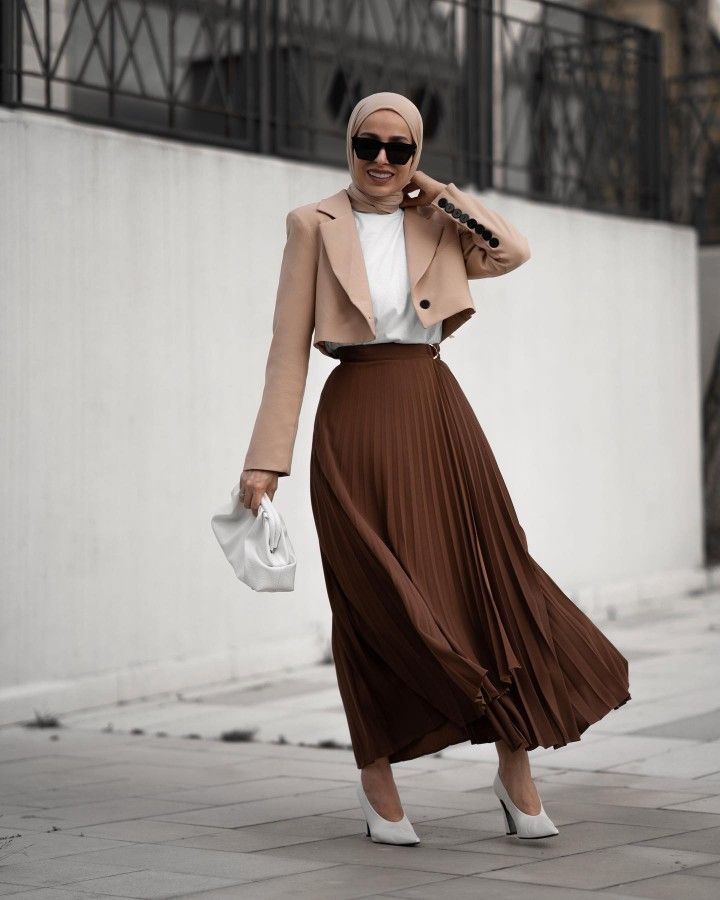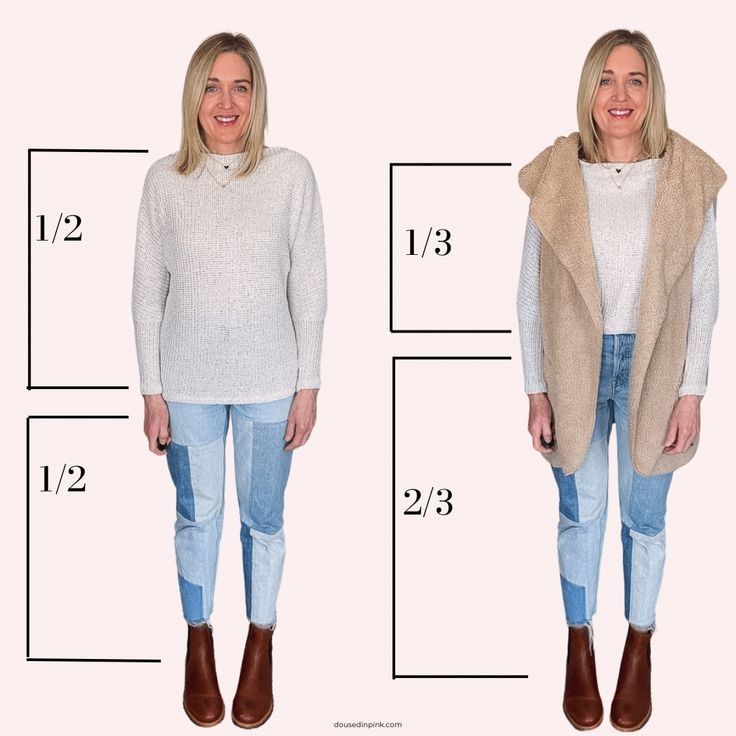The Rule of Thirds
By Chijioke Uzoma
Published on November 23, 2024

How vast is your knowledge of fashion rules? And how keen are you on applying them? They're helpful no doubt, just like the rule of thirds.
Ever heard of the rule of thirds? Not to worry, it is not a mathematical formula, nor is it a law in chemistry, even though it can breed the right chemistry between two fashion enthusiasts. Usually, a coy wink and a big grin would accompany this, but you cannot see our faces right now, so let's just move on.
The rule is most common in photography, dividing images into portions in thirds. However, we have also discovered that it is a principle that applies to fashion as well. It guides how outfits should be worn to make it more aesthetically appealing.

Take, for instance, a two-piece denim look or a simple pair of tees on oversized pants. The rule of thirds explains that one part of the outfit has to make up one-third of the entire body frame while the other part accounts for the remaining two-thirds of the body frame.
Let's take the tees and Jeans for example, it would mean that you are to wear tees that are not so long and only slightly exceed your waistline, which will be one-third of your entire body frame for most body types because the waist down to the legs are typically longer and make up two-thirds of your body. See this.

So you either have the tee tucked in or not too long, so your pants make up two-thirds of your body frame, or you wear long tees that cover two-thirds of your body frame and leave your pants to cover one-third.
So it's either one of the both, although we can tell which of the two options is a better alternative for a casual t-shirt and denim pants look.
Another very relatable example that can create a better image of this would be wearing blazers as opposed to trench coats.

Blazers are not made to be too long and cover only about one-third of the body frame, leaving the pants to make up for the two-thirds that is left.
Trench coats, on the other hand, are typically longer and cover two-thirds of the entire body frame, leaving the pants only a one-third portion. Getting the hang of it now?
Here's a visual representation of what this looks like on Meshada.com. Do not forget to redeem your Cashback/Cash rewards when you make a purchase. Our prices are the best you can find!
So the formula is simple;
Top: 1/3 = Pants: 2/3 ✅
Top: 2/3 = Pants: 1/3 ✅
Top: 1.5 = Pants: 1.5 ❌
#P.S: 'Pants' here are inclusive of skirts and shorts.
This fashion rule essentially makes us understand that both top-tier and bottom-tier pieces cannot occupy the same portion of the body frame- they cannot be halved. One tier has to occupy a larger portion.

Therefore, the visual break should happen after one-third or two-thirds of the first part of the fit. A visual break would be where the first part of the fit stops and the other begins. The visual break on this fit is clearly defined by the bold leather belt that goes around the waistline.
Even for single fashion pieces like a long gown, you would find that the waist is trimmer than other parts of the body; this can serve as a visual break, too. Likewise, single pieces that have extra layerings should not be located at the portion of the body that halves it, which is considered to be the hip intersection.
This essentially draws emphasis on one portion of the fit and makes it look less chaotic like both tiers are competing for space in a vast margin. It helps for proper alignment and gives your fit better structure. For a final fashion inspiration, feast your eyes on this dripping leather look available on Meshada, it's just the right length.

You may have been applying this rule in your dress-up game without even knowing it or realizing that it has a name. Well, now you know what it's called.
And if you haven't been paying attention to this rule, then now you have discovered another reason your fits are not as appealing to the eyesight as the ones you see on fashion blogs and you spot on celebrities.